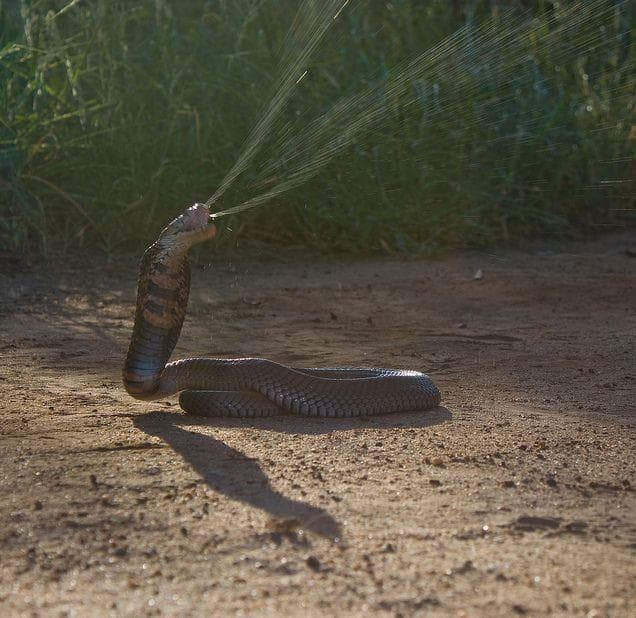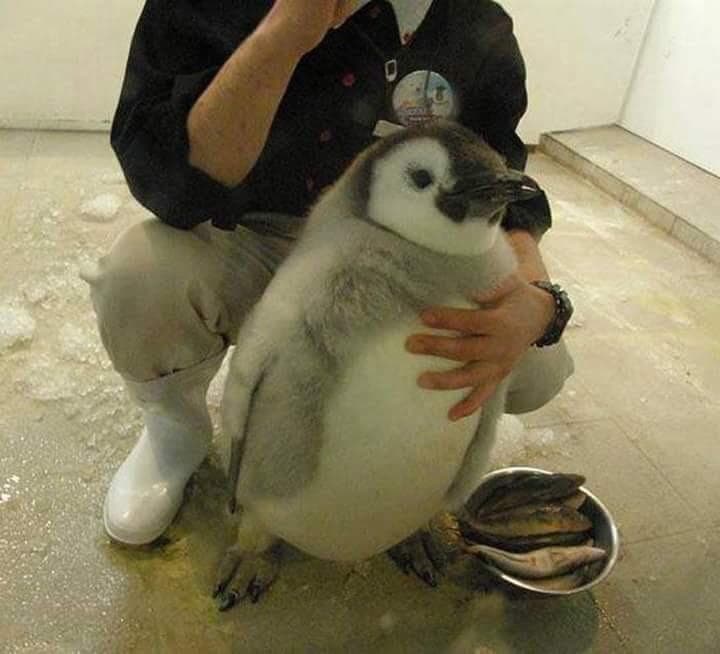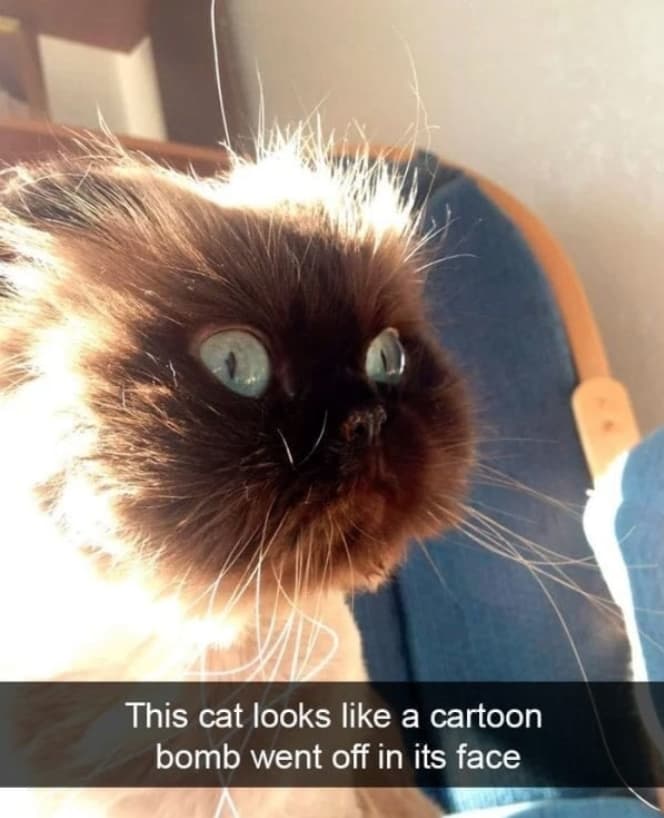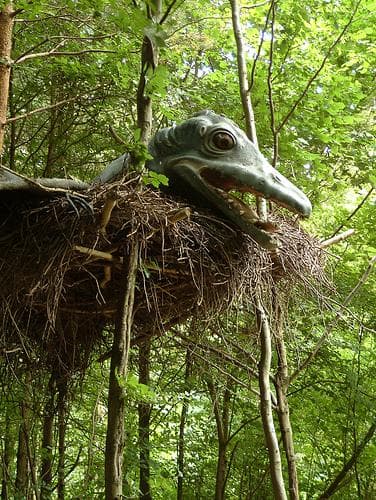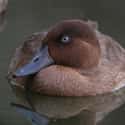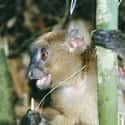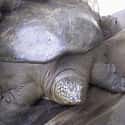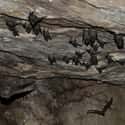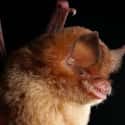(#5) Madagascar Pochard
- Aythya innotata
Population: As of 2014, there were just 25 individuals left in the world.
What Happened: Dubbed the world's rarest bird, the Madagascar pochard has suffered at the hands of humans, who have taken over their habitat in order to cultivate rice. According to BBC, humans have driven the birds to just a single wetland, which doesn't have enough food to sustain their population. The ducks primarily search for food at the bottom of lakes, but the lake they were pushed to was simply too deep for them to feed. Because of this, a whopping 96% of chicks die before they're three weeks old, but conservationists hope to restore a nearby lake that would be a more suitable habitat.
Like most herbivores, the diving ducks ensure the gentle balance of plant life in a lake's ecosystem. In some cases, an overgrowth of vegetation can lead to a lack of oxygen which kills off fish and aquatic life.
(#11) Greater Bamboo Lemur
- Prolemur simus
Population: The lowest estimate believes just 100 of these creatures exist.
What Happened: Collectively, lemurs are the world's most endangered mammals. Though they remain of great economic importance to Madagascar, where they're a major draw in eco-tourism, a whopping 90% of the 103 known lemur species are threatened. The greater bamboo lemur may be the scarcest, with estimates stating that between 100 and 160 of these animals exist.
Unfortunately, this animal's habitat has been largely destroyed by slash-and-burn agriculture, mining, and illegal logging, and the critters are habitually targets for poachers because of their meat.
(#3) Red River Giant Softshell Turtles
Population: Three (two in captivity, one in the wild)
What Happened: The Red River giant softshell turtle is so endangered that only three of them exist in the entire world. Two are at the Suzhou Zoo in China, and one is in a lake in Vietnam called Dong Mo. Their dwindling population is largely the fault of China's industrialization and the push for renewable energy, which caused a number of dams to be built along the river. As China developed their infrastructure around the Red River in the mid-to-late 20th century, the turtles' habitat was decimated.
In addition to a shrinking habitat, pollution has made it almost impossible for the turtles to hunt. Even if they can thrive in musky, polluted water, Red River giant softshell turtles are particularly vulnerable to poachers: their eggs, meat, and skin are all used in Eastern medicine.
(#6) Seychelles Sheath-tailed Bat
- Coleura seychellensis
Population: Between 30 and 100
What Happened: The poor Seychelles Sheath-Tailed bat used to flourish across the Seychelles islands. It's unclear exactly why the population dipped so drastically, but it's commonly attributed to the introduction of the non-native predatory barn owl and the rise of coconut plantations. Coconut plantations use pesticides, which inadvertently destroy the bats' insect food source.
The bat is now extinct on most islands in the Seychelles, and less than 100 are thought to exist in the world. These bats remain an important creature to the Seychelles' delicate ecosystem because they keep the insect population in check.
(#12) Cuban greater funnel-eared bat
Population: Around 100 individuals
What Happened: Bats remain important to local ecosystems to prevent an explosion of insect populations, which could destroy vegetation and lead to the spread of disease. This species of bat, which was previously thought to be extinct, was rediscovered in 1992. It resides in a single cave on the western top of Cuba, though fossils show that it once roamed freely around the island and the Isla de Pinos. In 2005, there were thought to be up to 1,000 bats, but most recently it's said that fewer than 100 individuals exist.
Currently, the species' largest threat is the ongoing collapse of the cave roof at Cueva La Barca. Should this cave fully succumb to erosion, the species would become extinct.
(#8) Javan Rhinoceros
- Rhinoceros sondaicus
Population: 58 to 68 individuals
What Happened: Javan rhinos have been hunted to oblivion because their tusks warrant a hefty price tag on the black market. Currently, these rhinos are only found in Ujung Kulon National Park in Java, Indonesia. Javan rhinos are important to local ecosystems, where they increase biodiversity by munching on certain plant species.
The flora and fauna in these areas sustain other species, and if that delicate balance is altered, a whole lot more than just rhinos will suffer.
New Random Displays Display All By Ranking
About This Tool
Due to the species' own reasons or being affected by human activities or natural disasters, there are many wild animal species in the world that are facing the danger of extinction. There are more than 100 kinds of vertebrates in the endangered state in the world, about 14 species are caused by natural evolution, and the rest are caused by man-made factors.
Wild animals have become victims of the development of human society, many ancient animal species, which were originally huge in number, went extinct in a short period of time. It is urgent to protect the habitat and restore the damaged ecosystem. You could know 12 endangered animals in this random tool that are fewer than 100 in the world.
Our data comes from Ranker, If you want to participate in the ranking of items displayed on this page, please click here.


